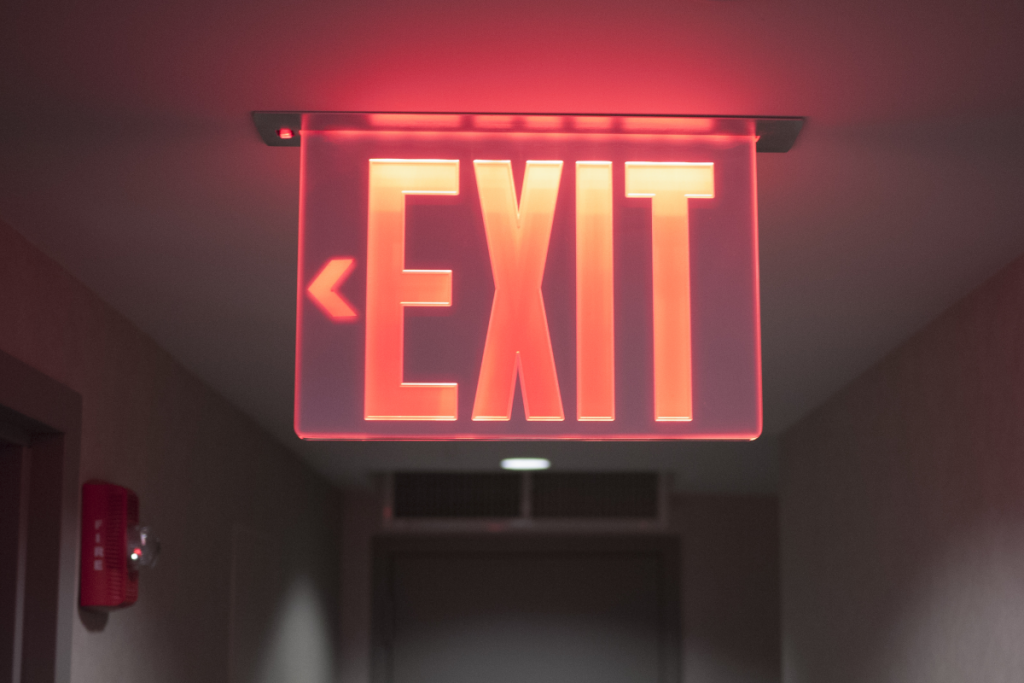Critical skills heading to the exit over NHI

Trade union Solidarity says that it is gearing up to launch legal challenges against the government’s National Health Insurance scheme, while its research arm outlines findings from its surveys that point to a mass exodus of healthcare professionals from South Africa should the system go through.
The NHI Bill was adopted and passed by the National Council of Provinces this week, taking the government’s controversial stab at universal healthcare one step closer to reality.
The bill is now in the hands of President Cyril Ramaphosa, who has the final say – he will either sign the bill into law, or send it back to the National Assembly for more work to be done.
Solidarity, along with businesses, healthcare professionals, hospital groups and other stakeholders have all expressed intent to petition the president to send the bill back to the NA. However, if this does not happen, legal challenges await.
Meanwhile, doctors, specialists and other medical practitioners have threatened to abandon ship should their pleas against the NHI continue to be ignored.
“Specialists and general practitioners have announced in significant numbers that they would rather close their surgeries than work under the government’s NHI,” Solidarity said.
According to Peirru Marx, network coordinator of Solidarity’s medical networks, medical doctors who are members of the Solidarity Doctors’ Network are strongly opposed to the NHI bill.
“Our research undeniably shows that the NHI is not supported by those in the medical profession. They do not want to be part of it. They know it is an election gimmick, and in reality, conditions will be much worse for South Africans and for South Africa under the NHI,” Marx said.
Marx said that most medical practitioners have witnessed how corruption, deterioration and mismanagement hamper the public healthcare system – and are well aware of staff shortages, the lack of availability of essential medication, protracted waiting periods for the acquisition of medical devices and obstacles with medical procedures due to a shortage of specialists.
A recent research study conducted among doctors by the Solidarity Research Institute (SNI) even found that doctors would leave the country in large numbers if this law were to be implemented.
The study found among other things that:
- 94% of respondents believe that private health practitioners may decide to work abroad because of NHI;
- 47% indicated that they would start the emigration process as soon as the NHI is accepted in South Africa;
- 19% said that they had already initiated the process to emigrate; and
- 0% of medical practitioners are optimistic about the NHI.
Marx said the NHI is unworkable, unaffordable and unimplementable, with the scheme facing challenges over financing, human resources, and a lack of buy-in from the healthcare sector itself.
“Although universal health care is desirable in principle, and such systems exist abroad where they are run by stronger administrations, this does not in the least mean that it could work here,” he said.
Solidarity is not alone in its warnings.
The South African Medical Association (SAMA) and others have also warned about an exodus of doctors from South Africa because of the NHI.
It said the bill excluded suggestions by medical professionals, including doctors, which poses a risk of an exodus of these sought-after skills from the country.
Without healthcare professionals’ buy-in, the chance of success for the planned national health insurance is slim.




















